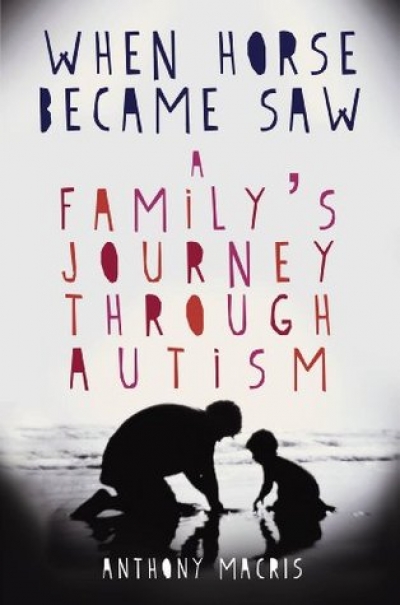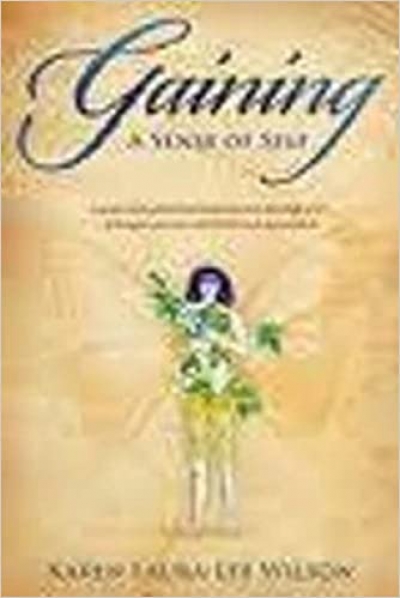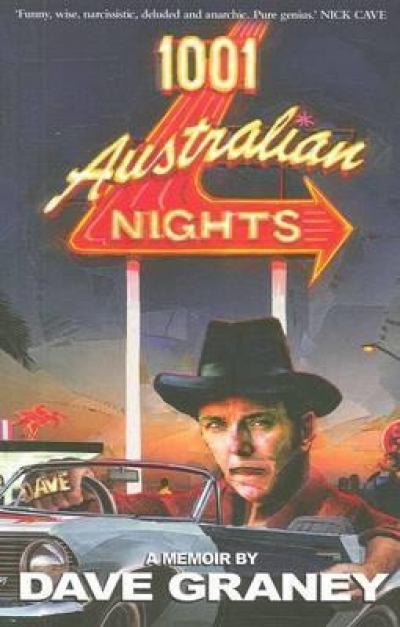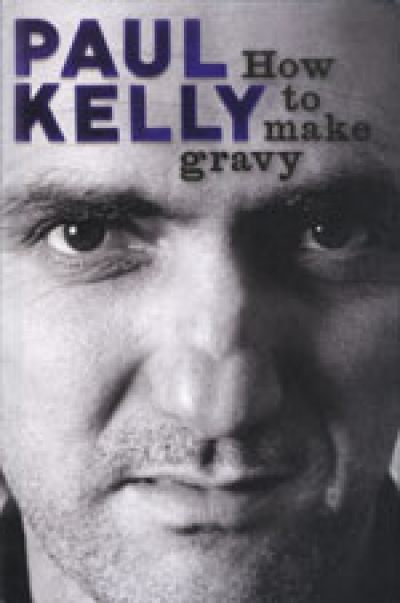Memoir
When Horse Became Saw: A Family’s Journey through Autism by Anthony Macris
by Jo Case •
‘Who do you think you are?’ an eminent paediatrician once thundered at me across a child’s cot during his weekly grand ward round. ‘Anton Chekhov?’
... (read more)Public Life, Private Grief: A Memoir of Political Life and Loss by Mary Delahunty
by Corrie Perkin •








